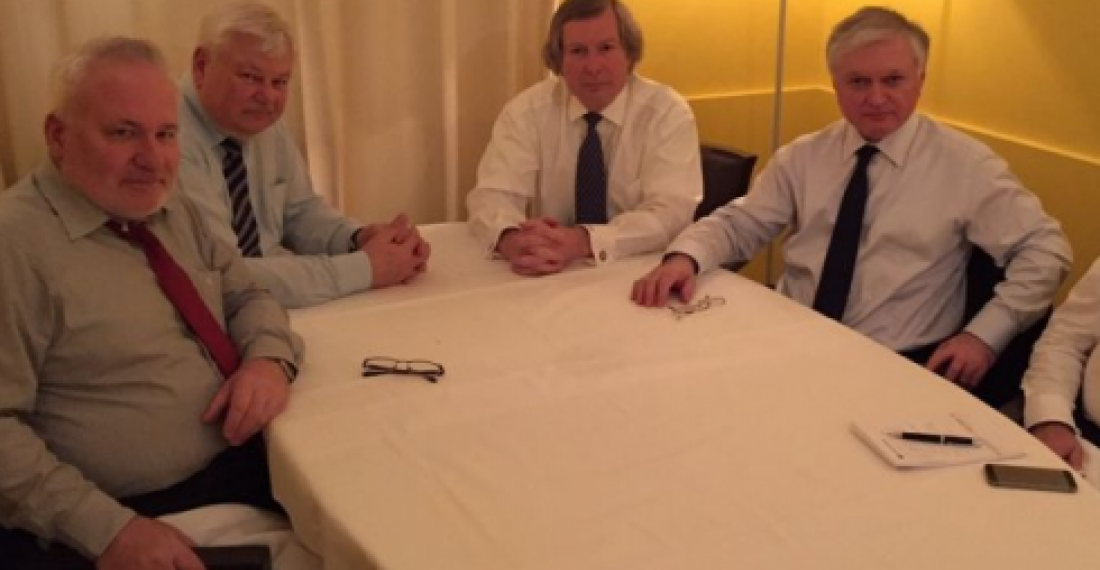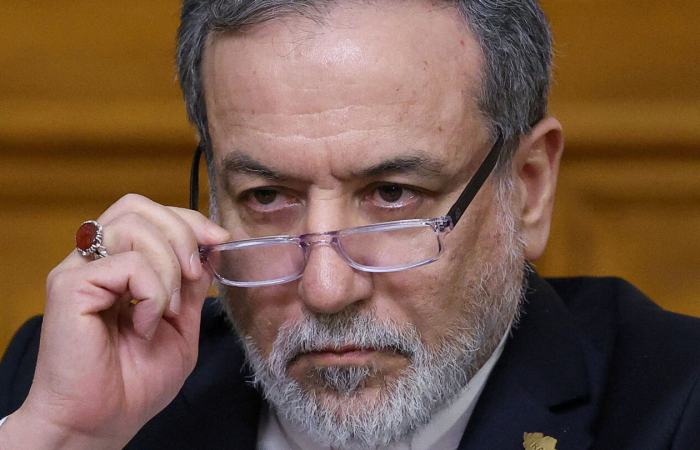В четверг, В Париже, после встречи с азербайджанским коллегой ранее на этой неделе, состоялась встреча сопредседателей МГ ОБСЕ с главой МИД Армении, Эдвардом Налбандяном.
На всрече присутствовали сопредседатели Игорь Попов от России, Джеймс Уорлик от США и Пьер Андрие от Франции и Анджей Каспршик, личный представитель действующего председателя ОБСЕ.
"Отличные обсуждения с главой МИД Армении касательно реализации Венских соглашений на высшем уровне в т.ч. предложение о механизме расследования ОБСЕ", сообщил посол Джеймс Уорлик в своем Twitter.
По итогам встречи в Вене, 16 мая, президенты Армении и Азербайджана договорились встретиться снова в июне. Встреча вероятно состоится во Франции.
Встреча в австрийской столице стало первой встречей Сержа Саргсяна и Ильхама Алиева после четырех дней боевых столкновений в начале апреля, худших за два десятилетия. В результвте которых погибли десятки людей.
В Вене оба президента договорились о наделений большими полномочичми механизма по расследованию инцидентов ОБСЕ в Нагорном Карабахе.
источник: commonspace.eu по материалам агентств
фото: Джеймс Уорли







